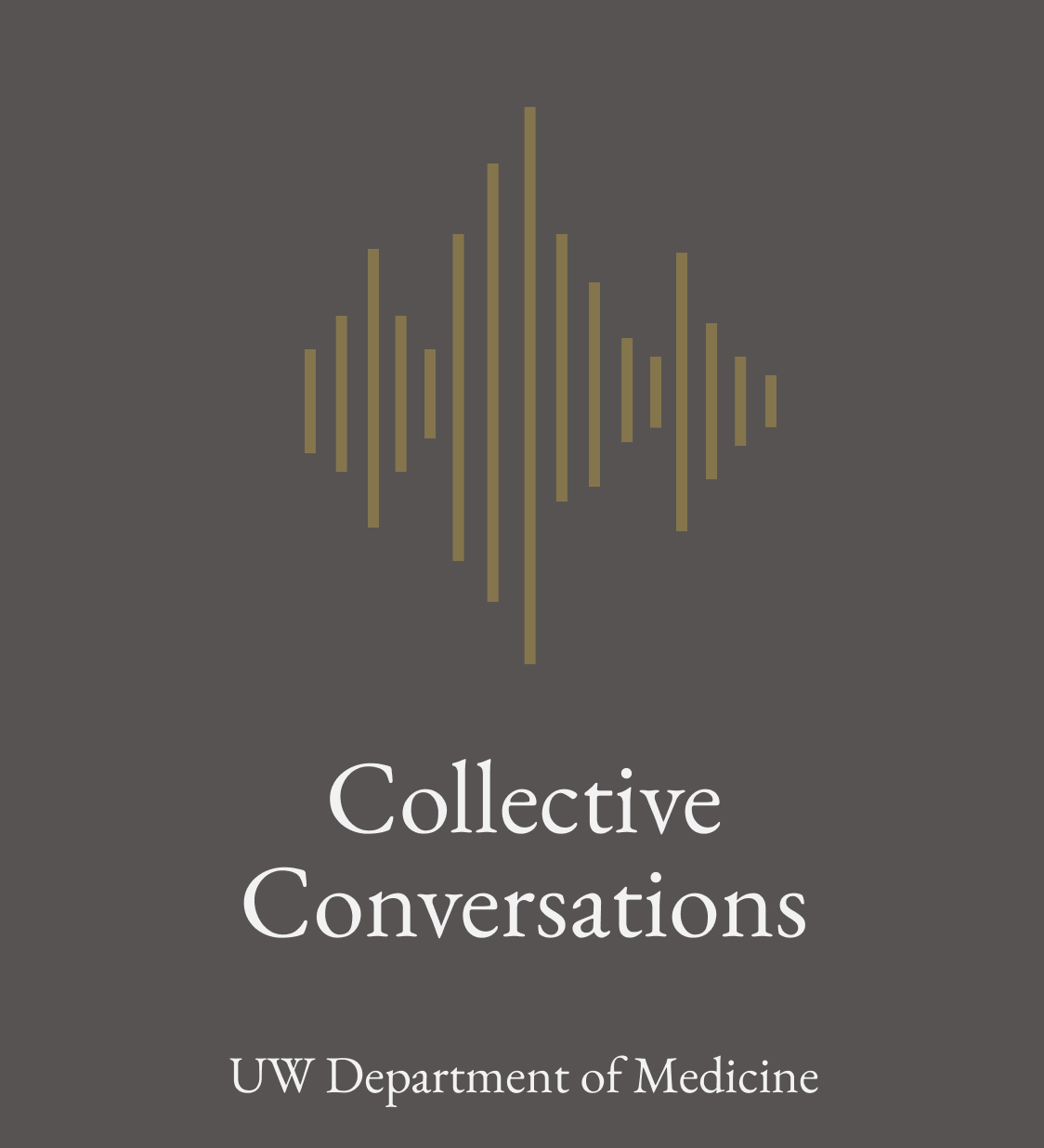

Primary Care Innovation
The VA Primary Care innovation Lab (PCIL) supports a learning health system that tries to integrate internal data and clinical expertise with external evidence and put the resulting evidence into practice.
QI projects
How do they select and prioritize projects?
Are our quality improvement projects supporting our patients the way they think we should?
"It comes from the primary care staff," says Reddy. "We annually send an email blast to all primary care staff to think about ideas of how to improve the delivery of primary care.
This last year, we got 26 different ideas and we were able to take those ideas and have those reviewed by our operations committees and core team members to think about how relevant they are. Could they be actually done? Is there an actual intervention that could be done? And so, we took all those ideas, reviewed those with the committee and the core team to identify projects that could be designed, tested, and evaluated."
Colorectal Screening
During the pandemic, many cancer screenings at the VA that were traditionally done with a face-to-face visit, in particular colorectal screening, were not being done because a lot of care had transitioned to telephone or video.
"We know through other population health interventions to improve colorectal screening that mailing certain kits to measure for colorectal cancer screening can improve uptake of this screening modality. FIT stands for Fecal Immunochemical Testing – it’s a validated in-home method for colorectal cancer screening. And this was an important priority for our local primary care team to try to identify patients that needed colorectal cancer screening and to deliver this kit through the mail." - Dr. Ashok Reddy
Research has shown that the patients who get the FIT only return them 30% of the time, so the PCIL team wanted to identify ways to improve that.
They sent out a reminder to patients, whether via phone or text message to have them return their FIT card about 2 weeks after they got received it. Then they tested whether reminders would help, specifically: 1) do reminders improve the uptake of colorectal screening? and 2) does it matter whether you send out a text message or a phone call to remind veterans to return their FIT cards?
They found that the control group had about a 30% return rate for these FIT cards. But whether or not it was an automated call or a text message, that had a 10% increase in colorectal cancer screening. So, close to 40% of patients returned their FIT card after getting the reminder.
Ashok Reddy, MD, MSc is an internal medicine primary care provider and faculty member at UW School of Medicine. He is the Associate Director of the Primary Care Analytics Team (PCAT) with the VA Puget Sound Health Care System. At UW, he is an Associate Professor at the University of Washington School of Medicine and Adjunct Associate Professor in the Department of Health Systems and Population Health in the School of Public Health.
A VA primary care physician and an experienced health services researcher, his focus is on improving the delivery, quality, and outcomes related to primary care services. He has published numerous studies including on effects of the patient-centered medical home model. Dr. Reddy's active research includes working with the VA on improving the care for high-risk Veterans, working with WA State to understand the impact of HIE-enabled care plans to coordinate care among high-need, high-cost patients, and an evaluation of COVID-19 population health initiative in the VA. He also serves as the Chief Scientific Officer for the VA’s Primary Care Innovation Lab – working to rapidly evaluate and scale quality improvement programs in primary care at the Seattle VA.